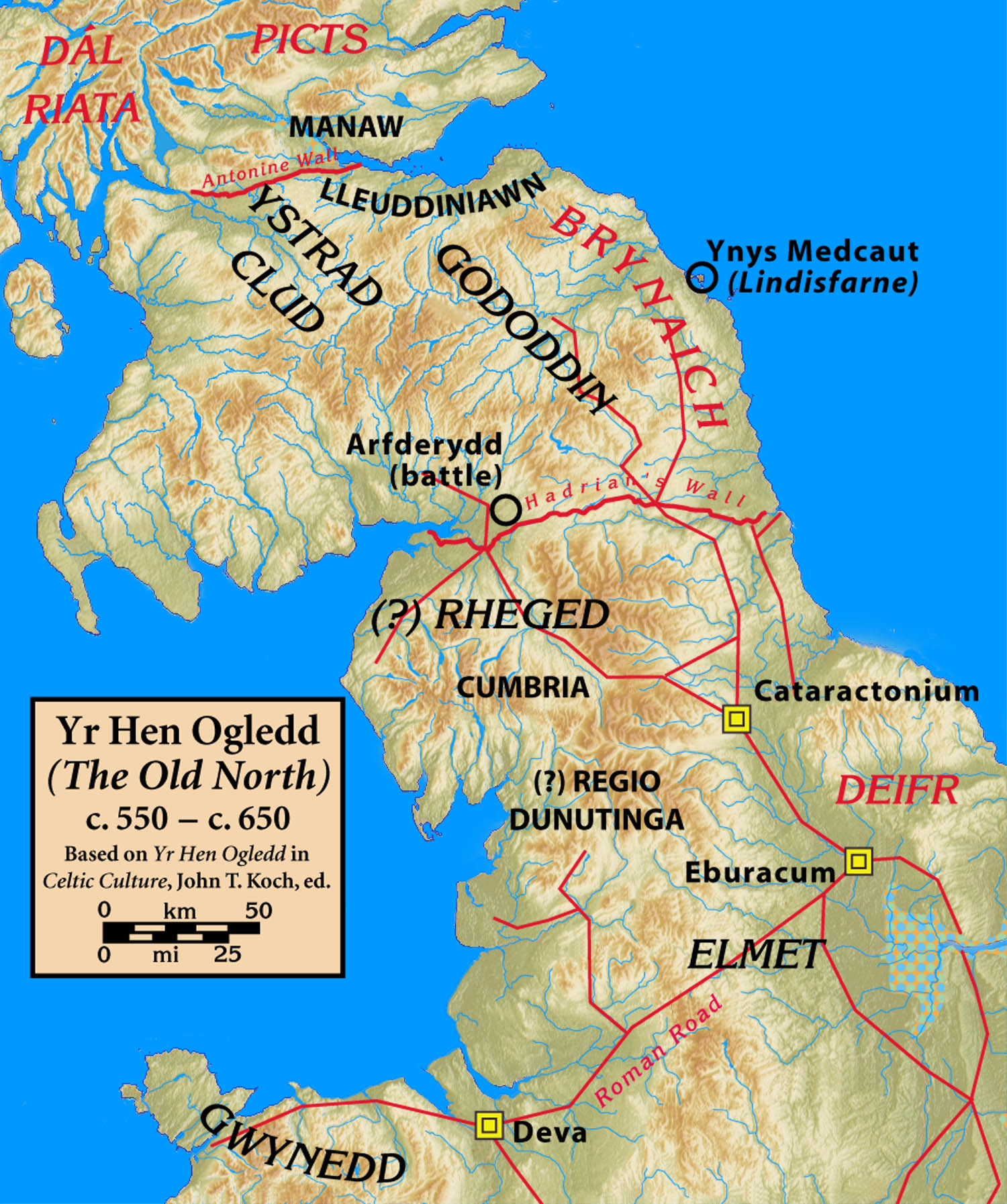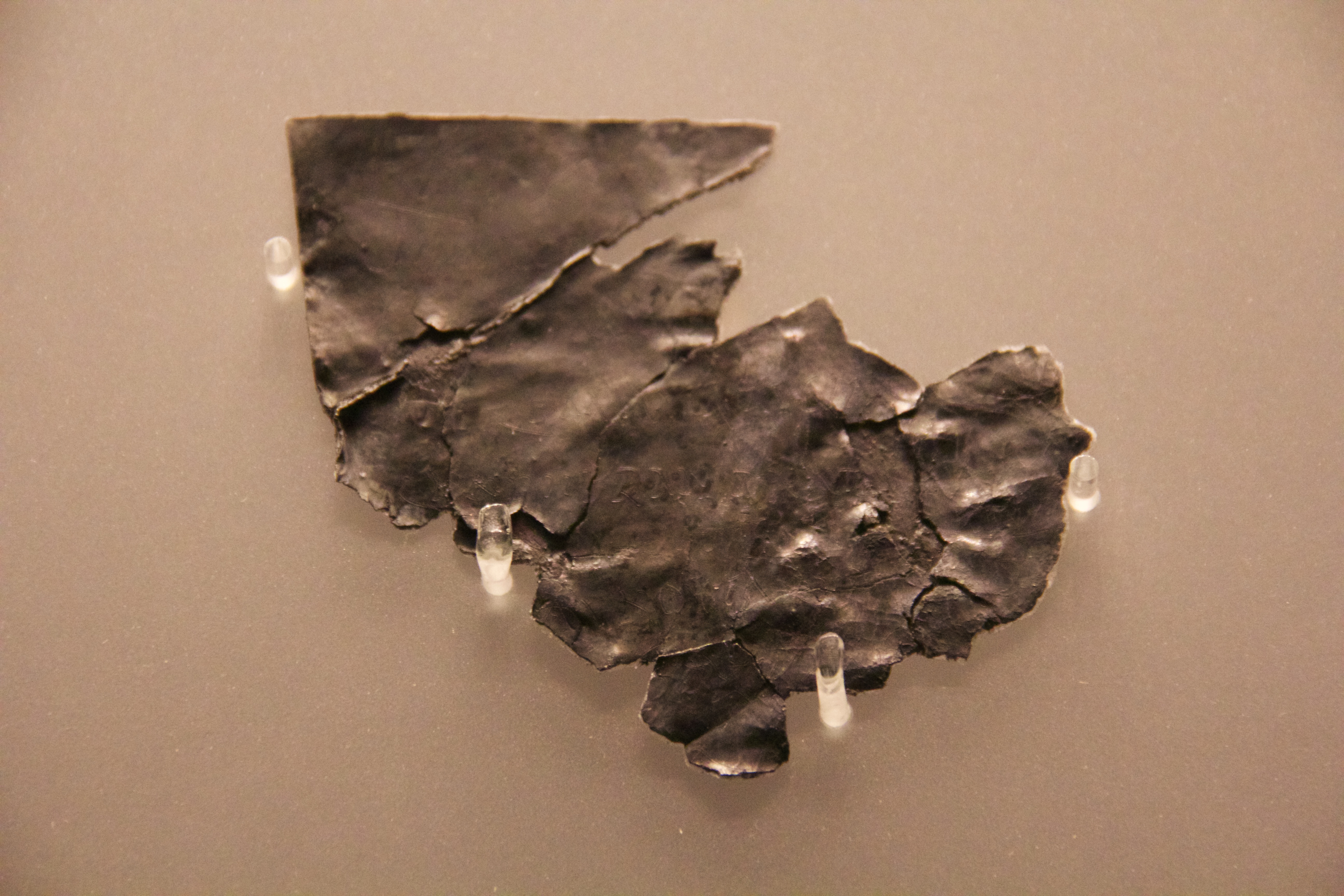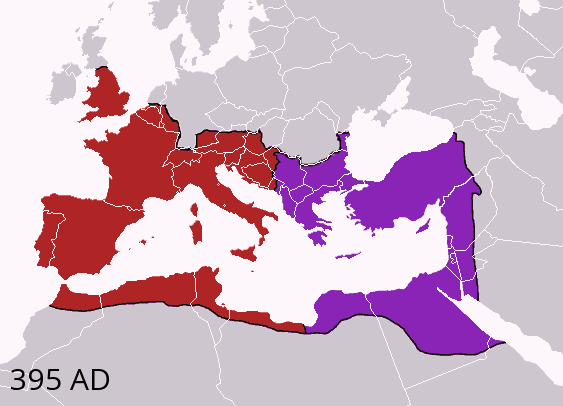|
History Of England
England became inhabited more than 800,000 years ago, as the discovery of stone tools and footprints at Happisburgh in Norfolk have indicated.; "Earliest footprints outside Africa discovered in Norfolk" (2014). BBC News. Retrieved 7 February 2014. The earliest evidence for early modern humans in Northwestern Europe, a jawbone discovered in Devon at Kents Cavern in 1927, was re-dated in 2011 to between 41,000 and 44,000 years old. Continuous human habitation in England dates to around 13,000 years ago (see Creswellian), at the end of the Last Glacial Period. The region has numerous remains from the Mesolithic, Neolithic and Bronze Age, such as Stonehenge and Avebury. In the Iron Age, all of Britain south of the Firth of Forth, was inhabited by the Celtic people known as the Britons, including some Belgic tribes (e.g. the Atrebates, the Catuvellauni, the Trinovantes, etc.) in the south east. In AD 43 the Roman conquest of Britain began; the Romans maintained contr ... [...More Info...] [...Related Items...] OR: [Wikipedia] [Google] [Baidu] |
England
England is a country that is part of the United Kingdom. It shares land borders with Wales to its west and Scotland to its north. The Irish Sea lies northwest and the Celtic Sea to the southwest. It is separated from continental Europe by the North Sea to the east and the English Channel to the south. The country covers five-eighths of the island of Great Britain, which lies in the North Atlantic, and includes over 100 smaller islands, such as the Isles of Scilly and the Isle of Wight. The area now called England was first inhabited by modern humans during the Upper Paleolithic period, but takes its name from the Angles, a Germanic tribe deriving its name from the Anglia peninsula, who settled during the 5th and 6th centuries. England became a unified state in the 10th century and has had a significant cultural and legal impact on the wider world since the Age of Discovery, which began during the 15th century. The English language, the Anglican Church, and Engli ... [...More Info...] [...Related Items...] OR: [Wikipedia] [Google] [Baidu] |
Catuvellauni
The Catuvellauni (Common Brittonic: *''Catu-wellaunī'', "war-chiefs") were a Celtic tribe or state of southeastern Britain before the Roman conquest, attested by inscriptions into the 4th century. The fortunes of the Catuvellauni and their kings before the conquest can be traced through ancient coins and scattered references in classical histories. They are mentioned by Cassius Dio, who implies that they led the resistance against the conquest in AD 43. They appear as one of the ''civitates'' of Roman Britain in Ptolemy's ''Geography'' in the 2nd century, occupying the town of Verlamion (modern St Albans) and the surrounding areas of Hertfordshire, Bedfordshire and southern Cambridgeshire. Their territory was bordered to the north by the Iceni and Corieltauvi, to the east by the Trinovantes, to the west by the Dobunni and Atrebates, and to the south by the Regni and Cantiaci. Name The name 'Catuvellauni' (Common Brittonic: *''Catu-wellaunī/Catu-uellaunī'', 'war-ch ... [...More Info...] [...Related Items...] OR: [Wikipedia] [Google] [Baidu] |
Hen Ogledd
Yr Hen Ogledd (), in English the Old North, is the historical region which is now Northern England and the southern Scottish Lowlands that was inhabited by the Brittonic people of sub-Roman Britain in the Early Middle Ages. Its population spoke a variety of the Brittonic language known as Cumbric which is closely related to, if not a dialect of Old Welsh. The people of Wales and the Hen Ogledd considered themselves to be one people, and both were referred to as Cymry ('fellow-countrymen') from the Brittonic word ''combrogi.'' The Hen Ogledd was distinct from the parts of North Britain inhabited by the Picts, Anglo-Saxons, and Scoti. The major kingdoms of the Hen Ogledd were Elmet, Gododdin, Rheged, and the Kingdom of Strathclyde. Smaller kingdoms included Aeron and Calchfynydd. Eidyn, Lleuddiniawn, and Manaw Gododdin were evidently parts of Gododdin. The Angle kingdoms of Deira and Bernicia both had Brittonic-derived names, suggesting they may have been Brittonic k ... [...More Info...] [...Related Items...] OR: [Wikipedia] [Google] [Baidu] |
Common Brittonic
Common Brittonic ( cy, Brythoneg; kw, Brythonek; br, Predeneg), also known as British, Common Brythonic, or Proto-Brittonic, was a Celtic language spoken in Britain and Brittany. It is a form of Insular Celtic, descended from Proto-Celtic, a theorized parent tongue that, by the first half of the first millennium BC, was diverging into separate dialects or languages. Pictish is linked, likely as a sister language or a descendant branch. Evidence from early and modern Welsh shows that Common Brittonic took a significant amount of influence from Latin during the Roman period, especially in terms related to the church and Christianity. By the sixth century AD, the tongues of the Celtic Britons were more rapidly splitting into Neo-Brittonic: Welsh, Cumbric, Cornish, Breton, and possibly the Pictish language. Over the next three centuries it was replaced in most of Scotland by Scottish Gaelic and by Old English (from which descend Modern English and Scots) throughout most ... [...More Info...] [...Related Items...] OR: [Wikipedia] [Google] [Baidu] |
Old English
Old English (, ), or Anglo-Saxon, is the earliest recorded form of the English language, spoken in England and southern and eastern Scotland in the early Middle Ages. It was brought to Great Britain by Anglo-Saxon settlers in the mid-5th century, and the first Old English literary works date from the mid-7th century. After the Norman conquest of 1066, English was replaced, for a time, by Anglo-Norman (a relative of French) as the language of the upper classes. This is regarded as marking the end of the Old English era, since during this period the English language was heavily influenced by Anglo-Norman, developing into a phase known now as Middle English in England and Early Scots in Scotland. Old English developed from a set of Anglo-Frisian or Ingvaeonic dialects originally spoken by Germanic tribes traditionally known as the Angles, Saxons and Jutes. As the Germanic settlers became dominant in England, their language replaced the languages of Roman Britain: Com ... [...More Info...] [...Related Items...] OR: [Wikipedia] [Google] [Baidu] |
Scotland
Scotland (, ) is a Countries of the United Kingdom, country that is part of the United Kingdom. Covering the northern third of the island of Great Britain, mainland Scotland has a Anglo-Scottish border, border with England to the southeast and is otherwise surrounded by the Atlantic Ocean to the north and west, the North Sea to the northeast and east, and the Irish Sea to the south. It also contains more than 790 Islands of Scotland, islands, principally in the archipelagos of the Hebrides and the Northern Isles. Most of the population, including the capital Edinburgh, is concentrated in the Central Belt—the plain between the Scottish Highlands and the Southern Uplands—in the Scottish Lowlands. Scotland is divided into 32 Subdivisions of Scotland, administrative subdivisions or local authorities, known as council areas. Glasgow, Glasgow City is the largest council area in terms of population, with Highland (council area), Highland being the largest in terms of area. Limi ... [...More Info...] [...Related Items...] OR: [Wikipedia] [Google] [Baidu] |
Germanic Peoples
The Germanic peoples were historical groups of people that once occupied Central Europe and Scandinavia during antiquity and into the early Middle Ages. Since the 19th century, they have traditionally been defined by the use of ancient and early medieval Germanic languages and are thus equated at least approximately with Germanic-speaking peoples, although different academic disciplines have their own definitions of what makes someone or something "Germanic". The Romans named the area belonging to North-Central Europe in which Germanic peoples lived '' Germania'', stretching East to West between the Vistula and Rhine rivers and north to south from Southern Scandinavia to the upper Danube. In discussions of the Roman period, the Germanic peoples are sometimes referred to as ''Germani'' or ancient Germans, although many scholars consider the second term problematic since it suggests identity with present-day Germans. The very concept of "Germanic peoples" has become the subj ... [...More Info...] [...Related Items...] OR: [Wikipedia] [Google] [Baidu] |
Anglo-Saxons
The Anglo-Saxons were a Cultural identity, cultural group who inhabited England in the Early Middle Ages. They traced their origins to settlers who came to Britain from mainland Europe in the 5th century. However, the ethnogenesis of the Anglo-Saxons happened within Britain, and the identity was not merely imported. Anglo-Saxon identity arose from interaction between incoming groups from several Germanic peoples, Germanic tribes, both amongst themselves, and with Celtic Britons, indigenous Britons. Many of the natives, over time, adopted Anglo-Saxon culture and language and were assimilated. The Anglo-Saxons established the concept, and the Kingdom of England, Kingdom, of England, and though the modern English language owes somewhat less than 26% of its words to their language, this includes the vast majority of words used in everyday speech. Historically, the Anglo-Saxon period denotes the period in Britain between about 450 and 1066, after Anglo-Saxon settlement of Britain, th ... [...More Info...] [...Related Items...] OR: [Wikipedia] [Google] [Baidu] |
English People
The English people are an ethnic group and nation native to England, who speak the English language, a West Germanic language, and share a common history and culture. The English identity is of Anglo-Saxon origin, when they were known in Old English as the ('race or tribe of the Angles'). Their ethnonym is derived from the Angles, one of the Germanic peoples who migrated to Great Britain around the 5th century AD. The English largely descend from two main historical population groups the West Germanic tribes (the Angles, Saxons, Jutes and Frisians) who settled in southern Britain following the withdrawal of the Romans, and the partially Romanised Celtic Britons already living there.Martiniano, R., Caffell, A., Holst, M. et al. Genomic signals of migration and continuity in Britain before the Anglo-Saxons. Nat Commun 7, 10326 (2016). https://doi.org/10.1038/ncomms10326 Collectively known as the Anglo-Saxons, they founded what was to become the Kingdom of England by t ... [...More Info...] [...Related Items...] OR: [Wikipedia] [Google] [Baidu] |
Anglo-Saxon Settlement Of Britain
The Anglo-Saxon settlement of Britain is the process which changed the language and culture of most of what became England from Romano-British to Germanic. The Germanic-speakers in Britain, themselves of diverse origins, eventually developed a common cultural identity as Anglo-Saxons. This process principally occurred from the mid-fifth to early seventh centuries, following the end of Roman rule in Britain around the year 410. The settlement was followed by the establishment of the Heptarchy, Anglo-Saxon kingdoms in the south and east of Britain, later followed by the rest of modern England, and the south-east of modern Scotland. The available evidence includes the scant contemporary and near-contemporary written record, archaeological and genetic information. The few literary sources tell of hostility between incomers and natives. They describe violence, destruction, massacre, and the flight of the Romano-British population. Moreover, little clear evidence exists for any ... [...More Info...] [...Related Items...] OR: [Wikipedia] [Google] [Baidu] |
End Of Roman Rule In Britain
The end of Roman rule in Britain was the transition from Roman Britain to post-Roman Britain. Roman rule ended in different parts of Britain at different times, and under different circumstances. In 383, the usurper Magnus Maximus withdrew troops from northern and western Britain, probably leaving local warlords in charge. Around 410, the Romano-British expelled the magistrates of the usurper Constantine III. He had previously stripped the Roman garrison from Britain and taken it to Gaul in response to the Crossing of the Rhine in late 406, leaving the island a victim to barbarian attacks. Roman Emperor Honorius replied to a request for assistance with the ''Rescript of Honorius'', telling the Roman cities to see to their own defence, a tacit acceptance of temporary British self-government. Honorius was fighting a large-scale war in Italy against the Visigoths under their leader Alaric, with Rome itself under siege. No forces could be spared to protect distant Britain. Thou ... [...More Info...] [...Related Items...] OR: [Wikipedia] [Google] [Baidu] |
Roman Britain
Roman Britain was the period in classical antiquity when large parts of the island of Great Britain were under occupation by the Roman Empire. The occupation lasted from AD 43 to AD 410. During that time, the territory conquered was raised to the status of a Roman province. Julius Caesar invaded Britain in 55 and 54 BC as part of his Gallic Wars. According to Caesar, the Britons had been overrun or culturally assimilated by other Celtic tribes during the British Iron Age and had been aiding Caesar's enemies. He received tribute, installed the friendly king Mandubracius over the Trinovantes, and returned to Gaul. Planned invasions under Augustus were called off in 34, 27, and 25 BC. In 40 AD, Caligula assembled 200,000 men at the Channel on the continent, only to have them gather seashells ('' musculi'') according to Suetonius, perhaps as a symbolic gesture to proclaim Caligula's victory over the sea. Three years later, Claudius directed f ... [...More Info...] [...Related Items...] OR: [Wikipedia] [Google] [Baidu] |












